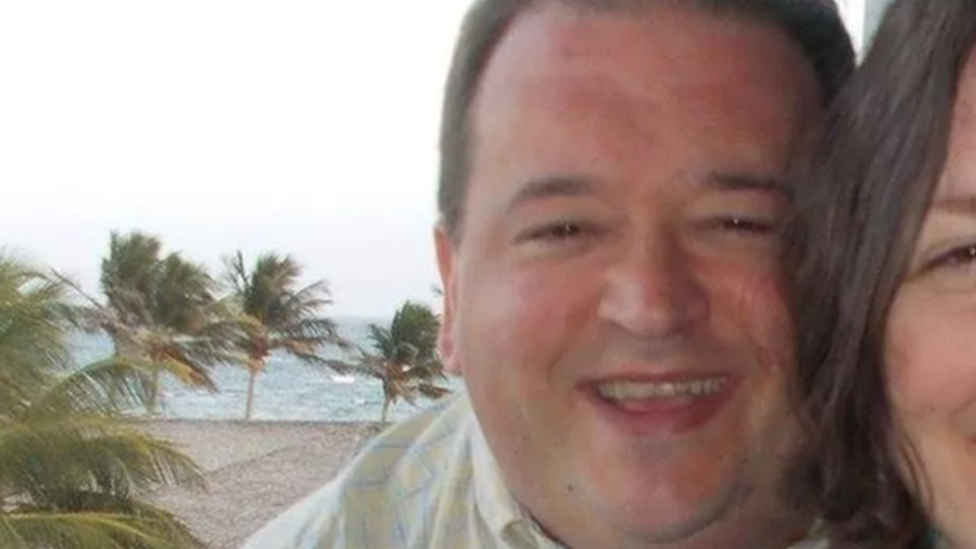Philip Morris: Actor's family may sue after weight loss surgery death
- Published
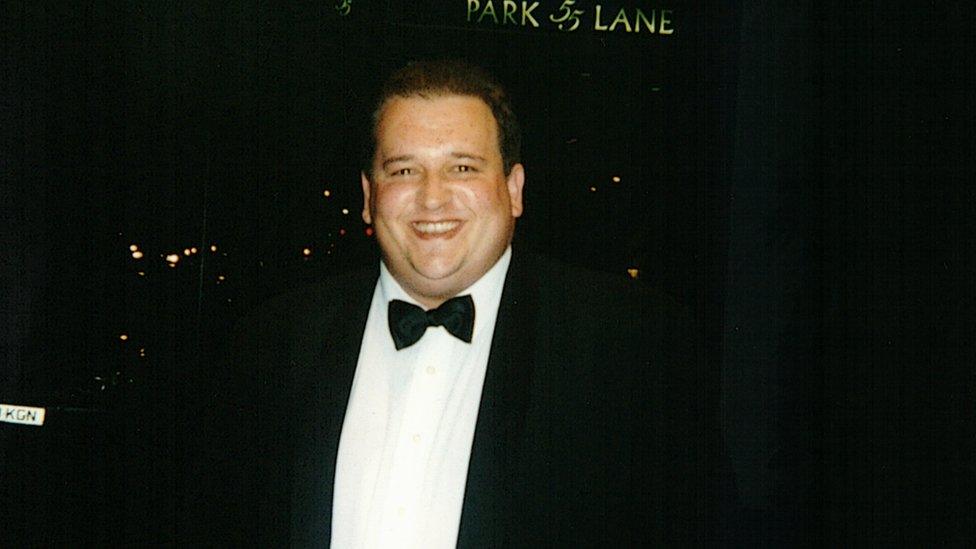
Philip Morris died following a cardiac arrest at the Spire St Anthony's Hospital in Surrey
The family of a 48-year-old actor who died after weight loss surgery at a private hospital say they may take legal action.
Philip Morris, originally from Newport, died following a cardiac arrest at the Spire St Anthony's Hospital, Surrey.
A coroner concluded that he would probably have survived if a carbon dioxide monitor was working correctly.
Spire Healthcare said it accepted the coroner's findings and has taken action to address them.
Mr Morris was a founding member of Wales Arts Review. He served as the managing director from 2012 to 2016.
The family moved to south London from Newport in 2016.
In December 2021, Mr Morris died four days after receiving sleeve gastrectomy surgery to remove part of his stomach. Two days after the surgery, he developed abdominal pain.
Senior coroner Sarah Ormond-Walshe found that "even with hindsight it is hard to be sure what was causing the abdominal pain".
The inquest heard that blood results showed the following day he was suffering from "acute renal failure" and that his condition was deteriorating fast as a result, and a lack of willingness to accept oxygen therapy.
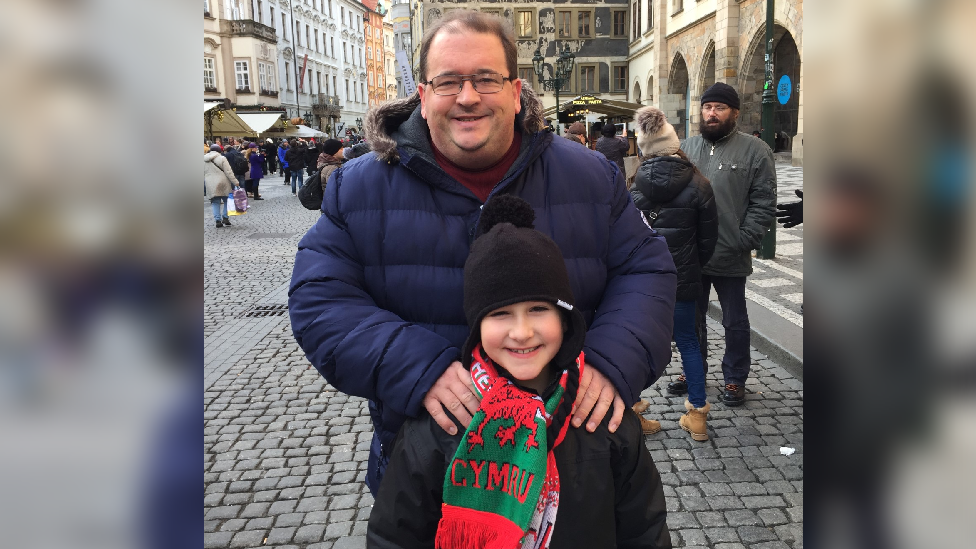
Philip Morris was diagnosed with diabetes in 1995, and then sleep apnoea in 2007
Mr Morris was placed in the intensive care unit of the private hospital and a decision was taken to intubate him while waiting for a bed at the nearby St George's NHS hospital.
The procedure was found to be "extremely difficult" and the coroner found his "airway was lost".
She found that there was a "missed opportunity to succeed" while trying to create a new airway because a CO2 monitoring device was not working correctly.
She found that "no-one checked that this piece of equipment was working" because it was not any individual's responsibility to check.
Lawyers representing his wife had asked the coroner to consider neglect as part of her conclusion, but she decided that that was not appropriate.
In a narrative conclusion, the coroner found that Mr Morris died after "suffering complications of an emergency procedure carried out in turn to treat complications of post bariatric surgery."
Ms Ormond-Walshe said she did not need to make a prevention of future deaths report because the Spire St Anthony's hospital had made a number of changes and carried out training.
She expressed her condolences to his family.
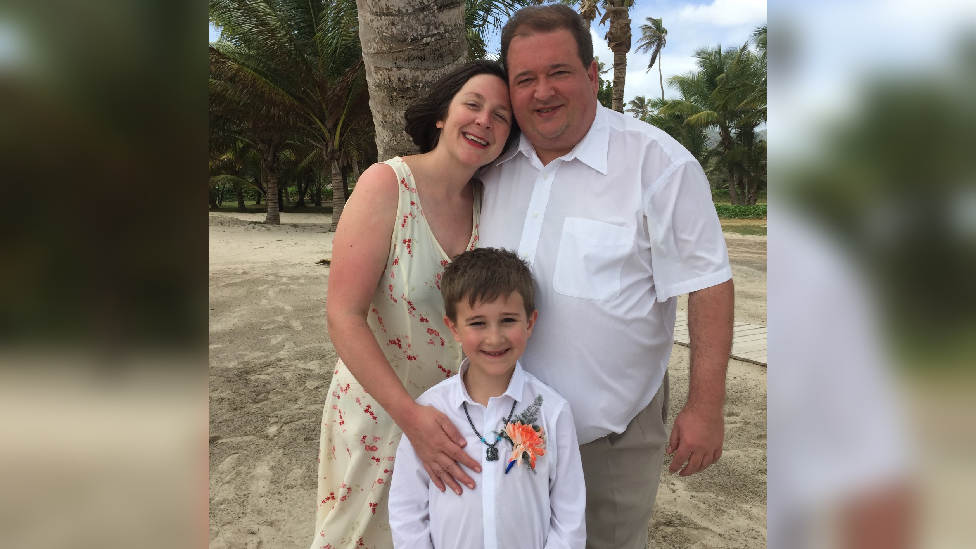
Dana Morris said her husband had difficulty swallowing and was short of breath following the surgery
In a statement after the inquest, Mr Morris's family claim "a catalogue fundamental of errors" led to his death and are now considering legal action against Spire.
Mr Morris' wife, Dana, said that more needs to be done at Spire Hospitals.
"Phil was a force of nature - he was a great father to our son Orson, a wonderful husband and a vastly intelligent, funny and loving man.
"It is clear from the coroner's conclusions that Phil's death was entirely avoidable had the proper steps been taken to ensure that the vital steps to care for Phil had been taken.
"Spire's mistakes cost Phil his life and we will forever suffer those consequences. Lessons must be learned so this never happens to any other family," she said.
In a statement, Spire Healthcare said it accepted the coroner's findings and apologises to his family for the distress.
"Prior to the inquest, we carried out a thorough review of Mr Morris's treatment and have taken action to address the learnings we identified.
"We accept the coroner's findings and will reflect on what further we can learn from this sad case."
Related topics
- Published5 February 2024
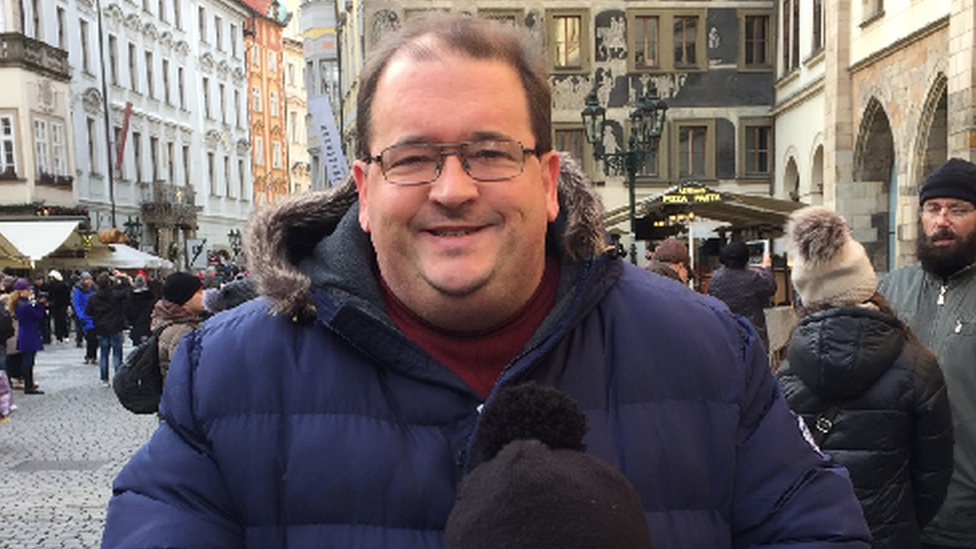
- Published7 February 2024
